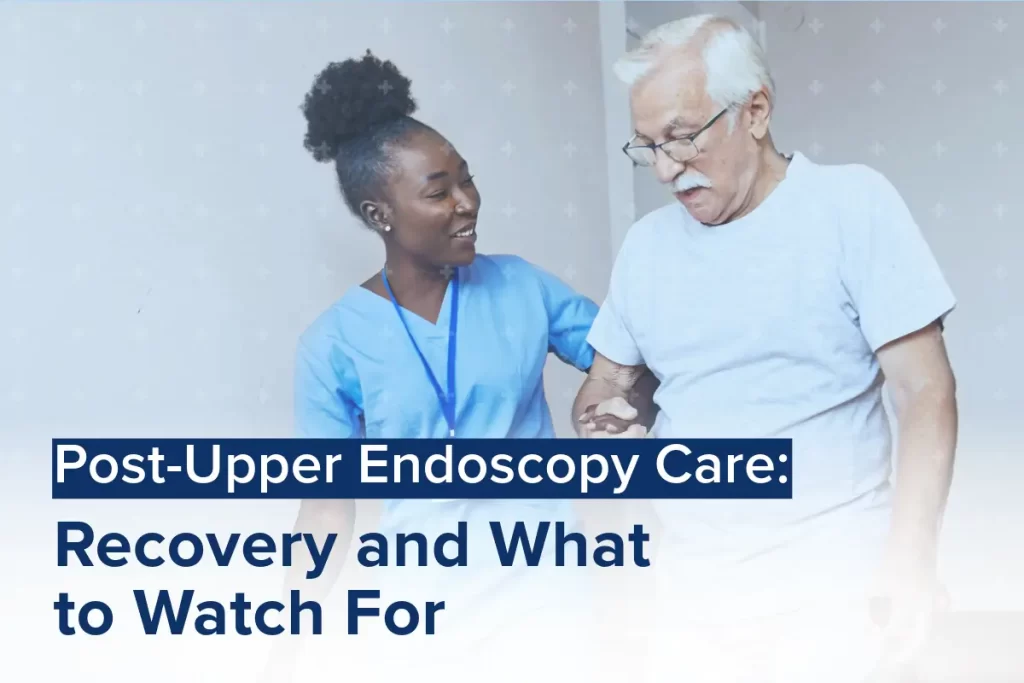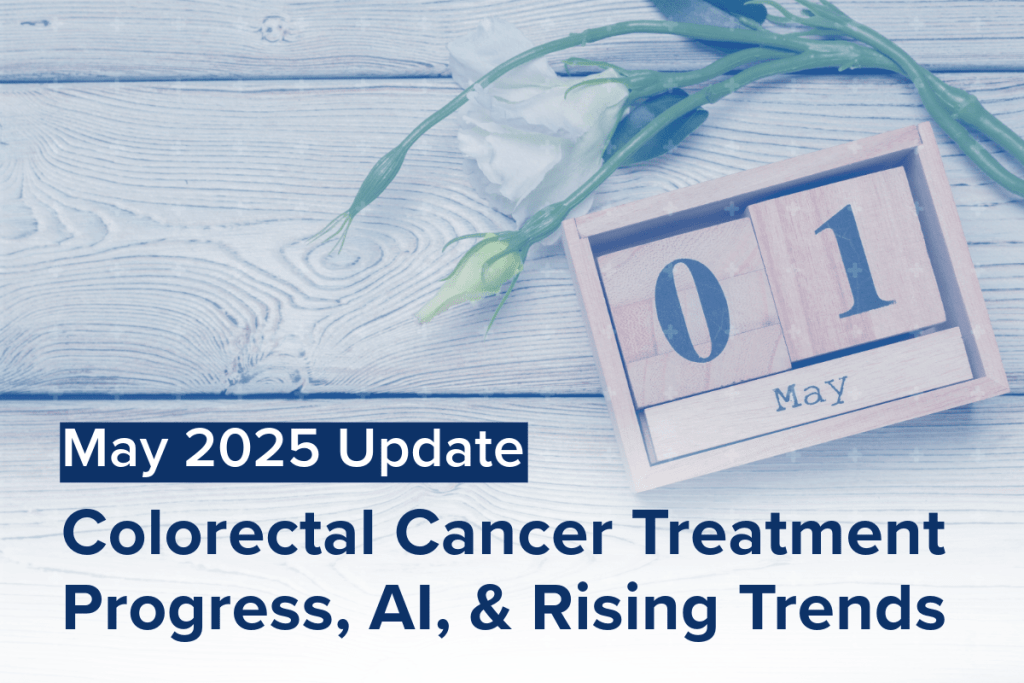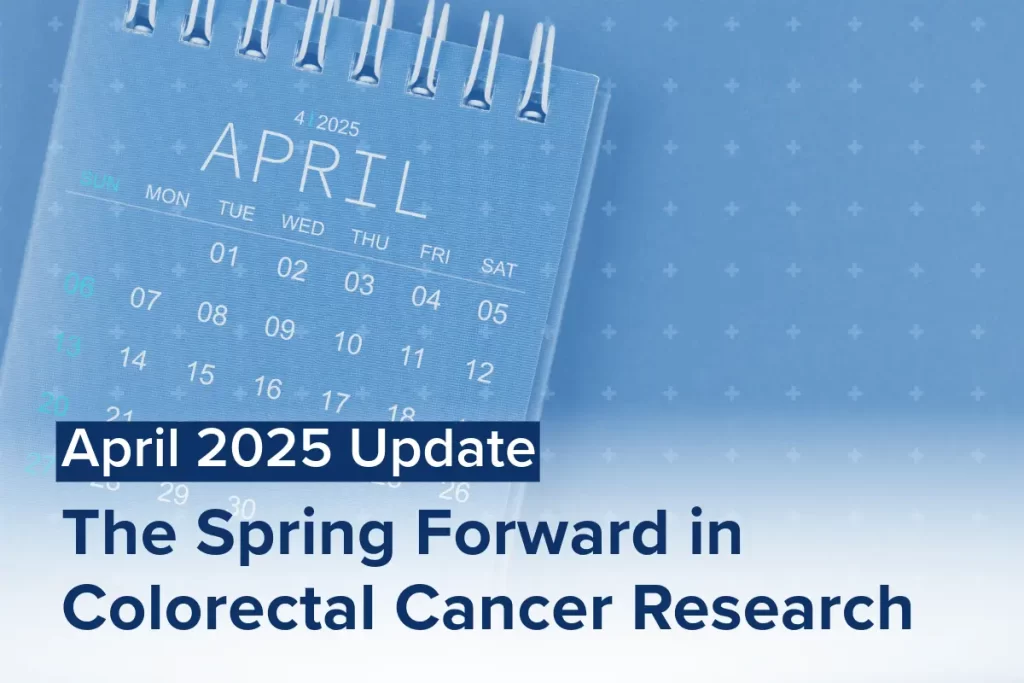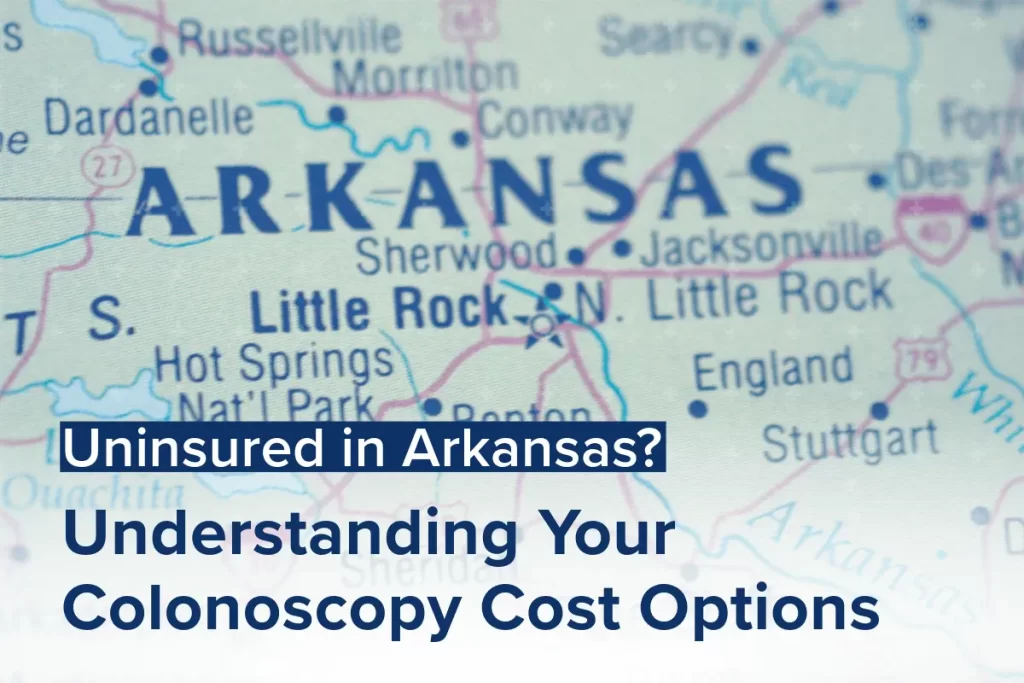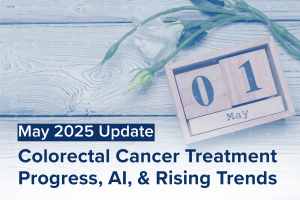Table of Contents
- What to Expect at the Medical Facility
- Suggestions for a Seamless Endoscopy Procedure Recovery
- When to Call Your Doctor
- Follow-Up After an Upper Endoscopy (EGD)
- ColonoscopyAssist: Your Ally in Digestive and Endoscopic Wellness
- Final Thoughts
- FAQ
What to Expect at the Medical Facility
Once the endoscopy is completed, the patient is moved to a recovery area. Nurses will observe the patient while the sedative wears off and will ensure that no problems arise after the procedure, as well as determine how they are feeling. Some potential side effects of the upper GI endoscopy include:
- Drowsiness, dizziness, fatigue, (and in some extreme cases) nausea and vomiting due to the anesthesia.
- Sore throat from the endoscope passing through the esophagus.
- Bloating or gas from air being introduced during the procedure.
- Mild cramping
These issues are normal and short-term. Although the effects of sedation can vary, most patients can expect to go home within several hours. Due to the effects of sedation, you will need a responsible adult to escort you home.
Suggestions for a Seamless Endoscopy Procedure Recovery
Once at home, some steps to follow include:
- Rest: Relax for the rest of the day. Most people can engage in normal activity the next day.
- Medication: While you can use over-the-counter medication to manage any pain or discomfort after your endoscopy, be sure to take any prescribed medication as directed by your doctor. It’s also important to remember that your doctor may have advised you to temporarily stop taking certain other medications you normally use for a day or so after the procedure.
- Hydration: Drink plenty of fluids to avoid dehydration, preferably clear liquids.
- Diet: Avoid greasy, spicy, or acidic foods that could cause stomach or esophagus discomfort after your upper gastrointestinal procedure.
- Comfort Tactics: Taking lozenges or warm tea can help soothe a sore throat.
By preparing properly and following these post-procedure tips, you can ensure a comfortable experience during your recovery.
When to Call Your Doctor
It is believed that less than 0.1% of upper endoscopies have a serious side effect occur, such as:
- Perforation: This is a tear of the GI lining and can present as severe abdominal pain, fever, swallowing difficulty, or the presence of blood in vomit, or black/tarry stools.
- Aspiration: This is when stomach content can enter the lungs, which can lead to aspiration pneumonia. Infection can occur with symptoms like cough, fever, chest pain, shortness of breath, and wheezing after any gastrointestinal endoscopy, not just an upper GI endoscopy.
If you experience any of these symptoms, it is important to call your doctor for guidance or seek medical assistance.
Follow-Up After an Upper Endoscopy (EGD)
As with nearly every medical procedure, it is important to follow-up with your doctor to discuss the findings from your upper endoscopy. Although most medical providers will reach out to you with results or schedule a follow-up appointment as part of the overall procedure scheduling process, it is good to be proactive if needed.
A study indicated that as many as 50% of patients do not attend scheduled follow-up appointments. You have made an investment in time, effort and money getting an upper endoscopy done. Knowing the results of that effort, and what (if any) next steps are in your diagnostic or treatment plan is a necessary step in ensuring your digestive health.
ColonoscopyAssist: Your Ally in Digestive and Endoscopic Wellness
ColonoscopyAssist is dedicated to making upper endoscopies and other gastrointestinal procedures accessible and affordable for those without insurance or who are self-paying. Our program supports those committed to digestive wellness by offering affordable screening options. Book your Upper Endoscopy with us today!
Final Thoughts
By understanding what to expect during the recovery process of your upper GI endoscopy, including potential side effects, you’ll be well-prepared. Following your take-home instructions and taking the appropriate steps concerning rest, hydration, diet and medication will put you on a path back to your normal routine within a day.
Be sure to engage in follow-up with your medical provider. You are an active partner in ensuring that your digestive health is a priority in your overall well-being.
FAQ
What should I avoid after an endoscopy?
After an endoscopy, avoid eating heavy or greasy foods, drinking alcohol, or smoking for at least 24 hours. These can irritate the digestive tract, particularly areas like the small intestine and the duodenum, where the procedure may have involved detailed examination.
How many days rest are required after an endoscopy?
Typically, only one day of rest is required after an endoscopy. However, this may vary depending on whether a biopsy or treatment for a tumor was performed. Follow your doctor’s advice for the best recovery plan.
Do you need to be on bed rest after an endoscopy?
Bed rest is not usually necessary after an endoscopy. Most patients feel well enough to resume normal activities the next day unless a more invasive procedure was performed, such as removing a tumor.
Is it normal to have a sore throat a week after an endoscopy?
No, a sore throat lasting a week is not normal. While mild discomfort or a numb sensation in the throat is common immediately after the procedure, any persistent pain should be reported to your doctor to rule out complications.
When should I know the results of the endoscopy?
You may receive preliminary results immediately after the procedure. However, if a biopsy was taken—for example, from the small intestine, duodenum, or another area—it may take a few days to a week for the full results. Always confirm the timeline with your healthcare provider.



